Daddy Yankee
Daddy Yankee did more than anyone to establish reggaeton as a marketable music style. His success was so phenomenal in the wake of his 2004 mainstream breakthrough, Barrio Fino -- and in particular the international hit Gasolina -- he transcended cultural boundaries and genre trappings. He became more than just a reggaetonero; he transformed himself into an international name brand. By the time of his 2007 follow-up album, El Cartel: The Big Boss, for example, his name, image, and music were used to sell soft drinks for Pepsi and footwear for Reebok, as well as a syndicated show for ABC Radio Networks (Daddy Yankee on Fuego) and a feature film for Paramount Pictures (Talento de Barrio). Daddy Yankee indeed had become a business empire, of which the primary asset, his music, remained independent from major-label control: he keenly operated his own independent label, El Cartel Records, and chose to partner with labels such as Interscope only for purposes of marketing and distribution, rather than sign himself and his publishing to them outright. The business side of Daddy Yankee was so remarkable, it often overshadowed his music, which admittedly is often most noteworthy for its commercial viability. The music is noteworthy on its own terms nonetheless, with Barrio Fino in particular standing tall as the definitive reggaeton album of its time. Boasting a pair of fantastic hits, Gasolina and Lo Que Paso, Paso, the album was a standard-bearer, influencing a legion of followers and establishing the production duo Luny Tunes as reggaetons hottest hitmakers. Barrio Fino was also the first reggaeton album to reach number one on the Top Latin Album chart, a position it held for roughly a year's time while selling over a million copies in the United States alone.

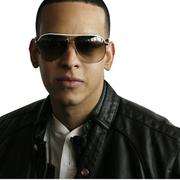
 HOT(Explicit) - Daddy Yankee&Pitbull
HOT(Explicit) - Daddy Yankee&Pitbull



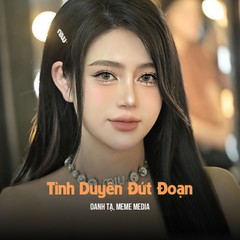

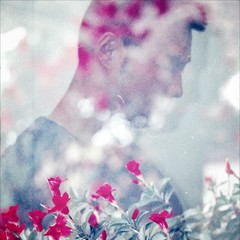

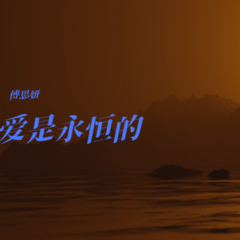


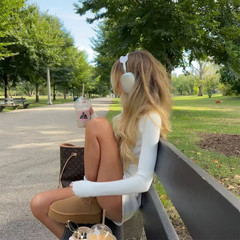



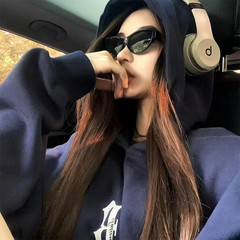













![[STATION] aespa《Dreams Come True》MV Teaser - aespa (에스파)](https://img2.kuwo.cn/wmvpic/324/79/54/2120387380.jpg?imageView2/1/w/195/h/130/format/jpg/q/60)





